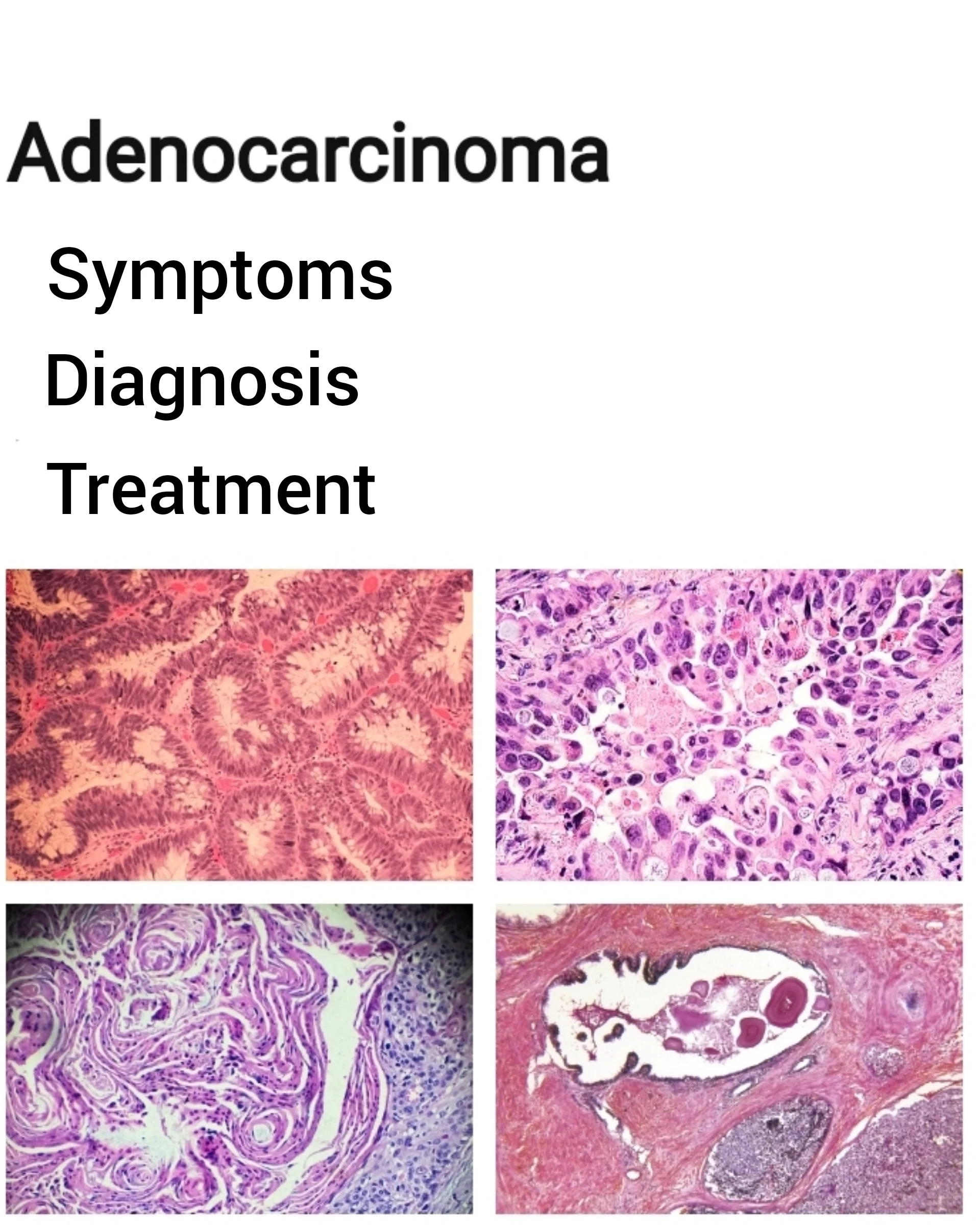Maintaining routine screening tests, even if you are in excellent health and feel well, is critical for overall health and wellness. That is because many diseases, including cervical cancer, exhibit no signs until the disease has progressed.
The start of the year is an ideal time to arrange your yearly well-woman examination, which includes Pap testing. Women diagnosed with cervical cancer had a terrible prognosis only a few decades ago. Cervical cancer is detected earlier and women are less likely to die from the disease today, in part because of routine Pap testing.
Cervical cancer awareness month is observed every January. Melody Jacob Health encourages women to understand that getting screened can help minimize their risk of cervical cancer. Cervical cancer discovered by Pap testing has a 92 percent cure rate, according to studies. We've compiled this guide to emphasize the critical role of Pap screenings in avoiding cervical cancer.
Early detection results in a more favorable outcome.
Pap tests are an effective screening technique for cervical cancer that can detect it in its earliest stages.
A Pap smear is a test that is performed during a routine pelvic exam to search for abnormal cell changes in the cervix that may be an early indicator of cervical cancer.
Pap screening can detect abnormal changes in the cervix before they progress to malignancy, effectively preventing the development of cervical cancer. When aberrant cervical cells are identified prior to their transformation into cancer, cervical cancer can be prevented considerably more easily.
Conduct early and routine tests.
It is suggested that you begin Pap testing at the age of 21 and repeat it every three years until the age of 29. After the age of 30, you may choose to continue having a Pap test every three years or to have your Pap test combined with screening for human papillomavirus (HPV) once every five years until you reach the age of 65.
It is suggested that women who are at a greater risk of cervical cancer have more frequent cervical cancer screenings. A previous Pap smear that revealed precancerous cells or a history of cervical cancer are the two primary reasons why some women require more regular Pap testing.
Women 65 years of age and older may stop Pap screening if their Pap tests stay normal.




































